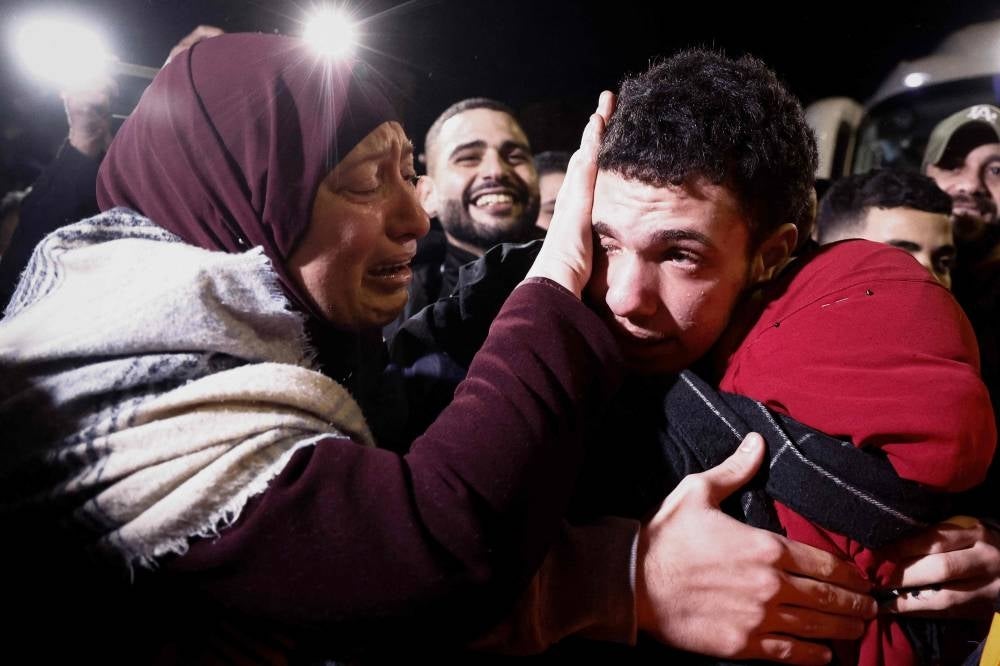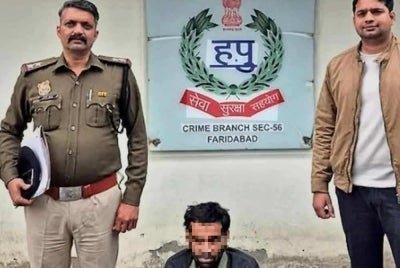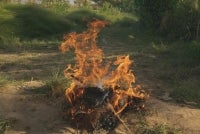People in Gaza continue to suffer, on the verge of starvation

GAZA - The residents of the Gaza Strip are currently living in tragic conditions with the destruction of infrastructure and without proper housing.
The bloody conflict has seen non-stop Israeli bombardments since October. It has resulted in destruction not only to public infrastructure but also to residential buildings. Civilians in Gaza are forced to take shelter in the streets or between concrete rubble, in addition to overcrowded shelters without adequate facilities, reported the Palestinian News Agency (WAFA).
In the midst of such misery, they now face starvation and being infected by diseases due to a lack of basic goods, such as food, medicine and clean water. If anything, their prices have skyrocketed.
Speaking to WAFA, a Gazan, Mustafa Ahmed, said he had to go out as early as dawn to queue for flour at a site run by the United Nations Relief and Works Agency for Palestine Refugees (UNRWA). However, he had to go home when he found that the line was too long.
"The line seems endless. I am disappointed because I will not be able to prepare bread for my hungry children.”
In addition to Mustafa, there are thousands of other Gazans who are also trying to get basic needs and staple food items at aid distribution centres and grocery stores that are operating at a minimal rate for fear that their movements will be restricted again after the end of the humanitarian pause.
Mustafa said since the start of the Israeli attacks, all border crossings to the Gaza Strip have been closed and no necessities and fuel are allowed to enter.
"The electricity supply has been cut. Food items ran out and no new supplies have arrived. Local products cannot be produced because the operation of all the factories in Gaza has stopped due to the continuous Israeli attacks and also fuel running out."
He said getting flour supply in Gaza is very difficult, especially when the only flour factory in Deir al-Balah (central Gaza zone) has been destroyed by bombing.
The people of Gaza have no choice but to rely on aid distributed by UNRWA.
Another civilian, Yasser Abu Halib, said the demand for flour is very high and residents have to go to distribution centres and present their identification card.
"The centres are very crowded and the amount of aid is distributed according to the number of family members. People have to sit for two days or more and sleep on the floor to get the aid. At grocery stores, only cleaning products are available because they don't have an expiration date.”
Meanwhile, the laboratory director of the as-Salam flour processing plant in Deir al-Balah, Ihsan al-Farra, said the factory can still operate and they will not take advantage of the current situation.
However, due to fuel running out and their inability to import flour, they have to depend on generators and solar energy to run their operations at a limited level.
Trader Hossam Al-Mashni said food supplies and basic necessities have been cut off from the Gaza market because all border crossings are closed. He only sells what is left in his shop at the normal price although there are traders who are taking advantage by marking up their prices.
He hopes that a special committee will be set up to help the people of Gaza, so that distribution can be carried out directly and at the same time, monitor the prices of goods.
The Anadolu News Agency reported yesterday that foreign ministers from the Group of Seven (G7) countries voiced their support for the humanitarian pause that ended yesterday, to be continued by emphasising on the importance of protecting civilians.
In a joint statement, the ministers said every effort must be made to ensure humanitarian aid like food, water, fuel and medical supplies reach the public. - BERNAMA-WAFA
Download Sinar Daily application.Click Here!














